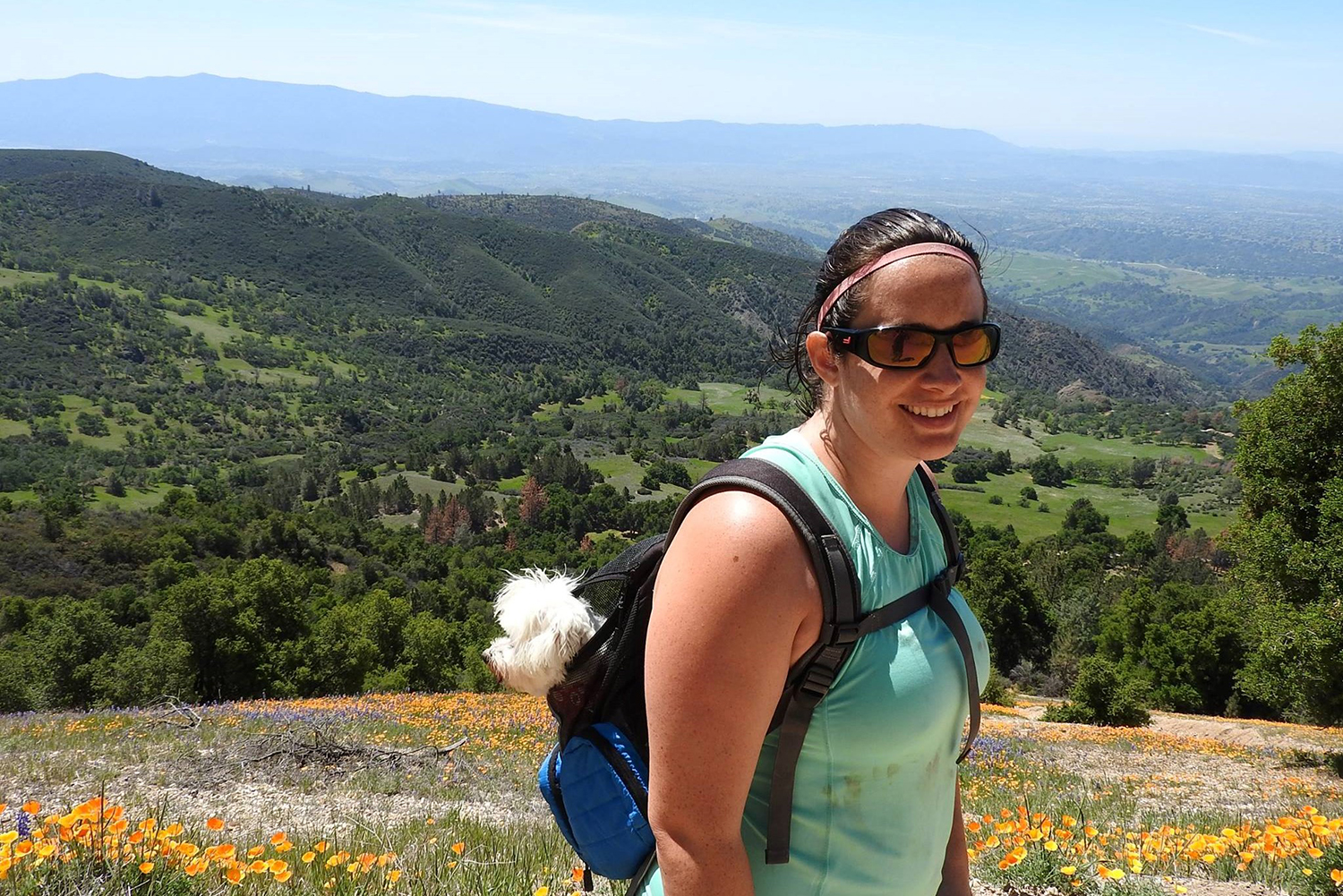This August, Cristina Connolly joins the Department of Agricultural and Resource Economics as a new assistant professor. As a native New Englander, she is happy to return to this area, where the scale of farming suits her research focusing on smaller operations. As a faculty member, she plans to involve her students in community-based work with local stakeholders and producers so that they understand the implications and applications of their theoretical classroom work. Connolly finds that working on real-world problems actively engages her students. She’s excited to come to UConn, with its collaborative mindset and Extension outreach. Here’s what she had to say in an interview.
Where did you get your degrees?
My BA in economics is from Middlebury College in Vermont. I was originally a Spanish major (and ended up keeping that as a minor), but after taking an environmental economics course I was hooked. My graduate degrees are from Ohio State University (MA in economics; MS in agricultural, environmental and development economics; Ph.D. in agricultural, environmental and development economics). I was interested in applied economics and ended up specializing in local food.
What did you do before coming to UConn?
After graduating college, I worked as an economic consultant, looking at healthcare outcomes. I really missed being in an academic environment, and I wanted to be able to answer a wider variety of questions. That is when I decided to get my Ph.D. Before coming to UConn, I worked for five years as an assistant professor in the agribusiness department at California Polytechnic State University in San Luis Obispo, teaching and researching topics in food marketing, data analysis and policy.
What will your work here at UConn focus on?
My research focuses on local foods and direct marketing, which fits in really well with the agricultural landscape of Connecticut and New England in general. I am interested in questions of firm location, consumer choice and food access. These types of questions are being addressed by others using different frameworks, methods and perspectives, allowing for interdisciplinary collaboration that leads to better research. One of the most rewarding aspects of working in an academic environment is being surrounded by so many smart and inquisitive people.
Name one aspect of your work that you really like. My favorite work involves stakeholders; I love when I get to go out and speak with farmers and local community members. Another aspect that I really enjoy is having an opportunity to interact with so many smart and motivated colleagues and students. Every day I learn something new, and the work is never stagnant or boring.
Is there anything else you would like us to know about you?
I always tell people that I have this very sweet dog, a Maltese named Sugar, who travels with me, who I like to bring into the office so students will see her when they visit me. She became a mascot at my previous university. The students get excited—especially when you teach freshmen and they’re away from home and miss their dog. She’s been in a lot of students’ Snapchats.
I’m a very big beach person, I grew up in a beach community and lived in a beach community for the last five years, so while it will be a change for me, I am excited about all the open space that seems to be here.



